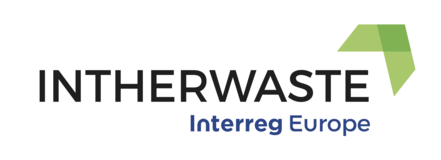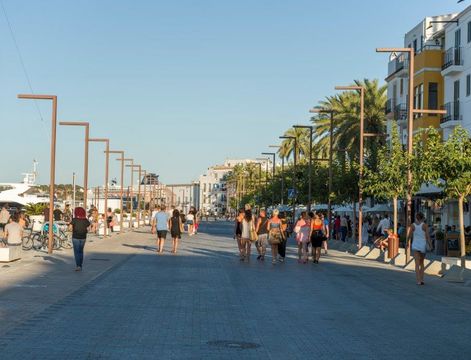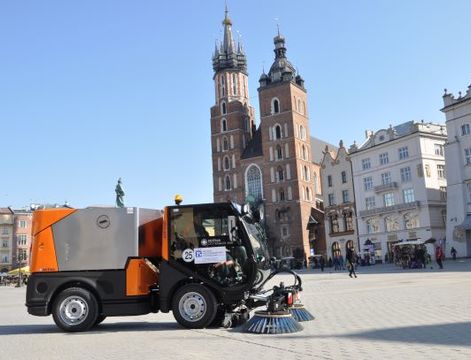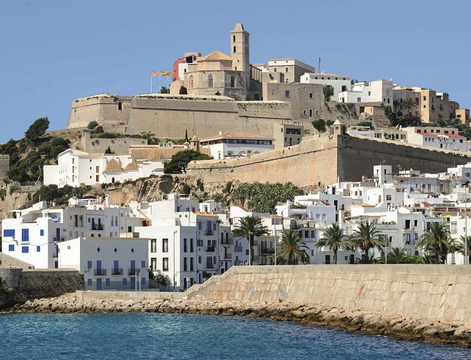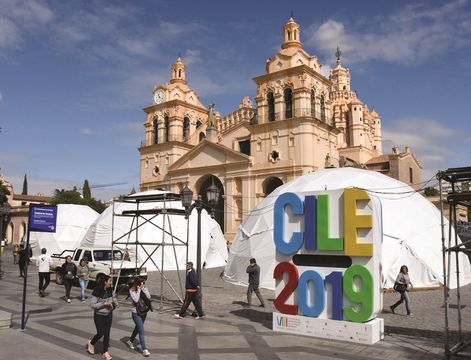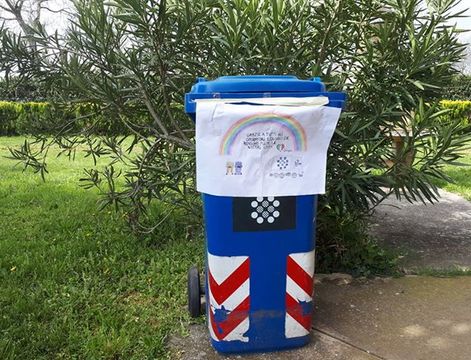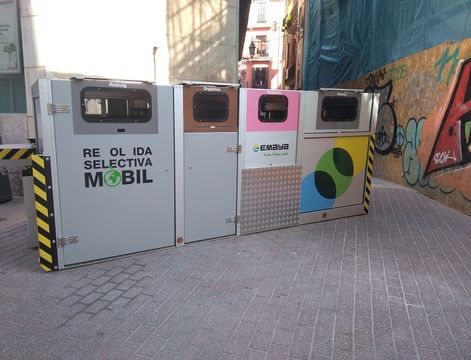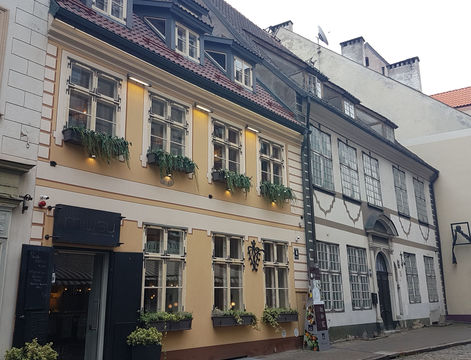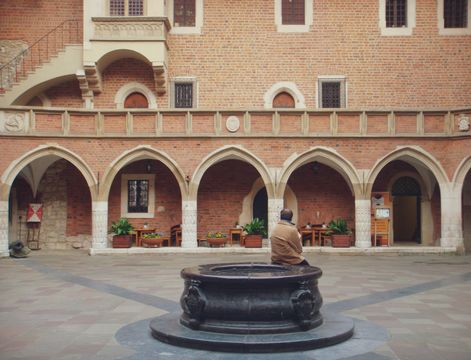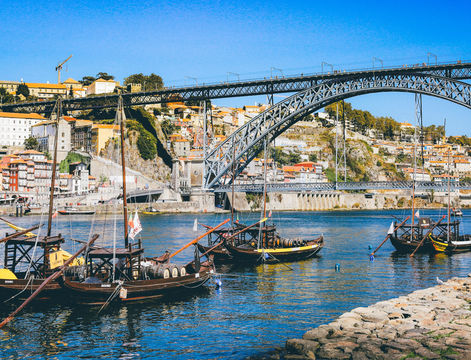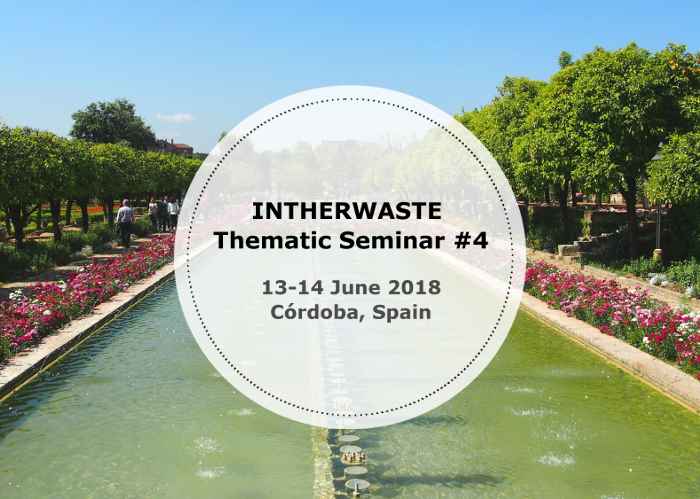The beginning of April marks the start of the second phase of the INTHERWASTE project, when five of the six project partners will implement, monitor and report on their individual local action plans. This constitutes a landmark in the advancement of concrete, actionable and innovative waste management solutions in European heritage cities.
Co-financed by the EU’s Interreg programme, the INTHERWASTE project entered its second stage on April 1. In the coming two years, the five participating municipalities — Córdoba, Ibiza, Krakow, Porto and Tallinn — will put into practice action plans that they developed during the first three years of the project and that are comprised of good practices related to waste management in heritage cities.
The first stage of the project was marked by active technical and know-how exchanges, thus enabling participants to observe good practices in one another’s municipalities, but also in other locations. The exchanges provided a good basis for them to assess which of the practices were feasible in their own cities and to develop plans to finance and carry them out.
Below are the highlights of the five action plans:
Córdoba/ SADECO (lead partner)
- Action 1: the introduction of compacting waste containers;
- Action 2: the creation of a comprehensive municipal network for repair and reuse;
- Action 3: the creation of an app to promote reuse in the region of Andalusia.
Ibiza
- Action 1: the beautification of the underground waste containers and surrounding areas located in the historical centre;
- Action 2: the development of a waste room in the heritage area;
- Action 3: the development of a new waste management ordinance for the city.
Krakow
- Action 1: the introduction of underground and semi-underground containers;
- Action 2: the development of a repair and reuse site in the city.
- Action 1: the development of waste room(s) in the heritage area;
- Action 2: the development of residential door-to-door selective collection in a restricted area;
- Action 3: local policy review to update waste management and urban cleaning regulations;
- Action 4: the development of a communication strategy to boost the adaptation and transition to the new waste management system;
- Action 5: municipal action plan review to include the specific actions foreseen for the heritage area.
- Action 1: Giving bulky waste a second life through repair and resale;
- Action 2: Mobile Clean Point for hazardous waste.
Cities and regions network ACR+, which is the sixth project partner, has assisted the other five in an advisory capacity by facilitating the exchange of technical know-how, capacity building and the communications activities for the project.
